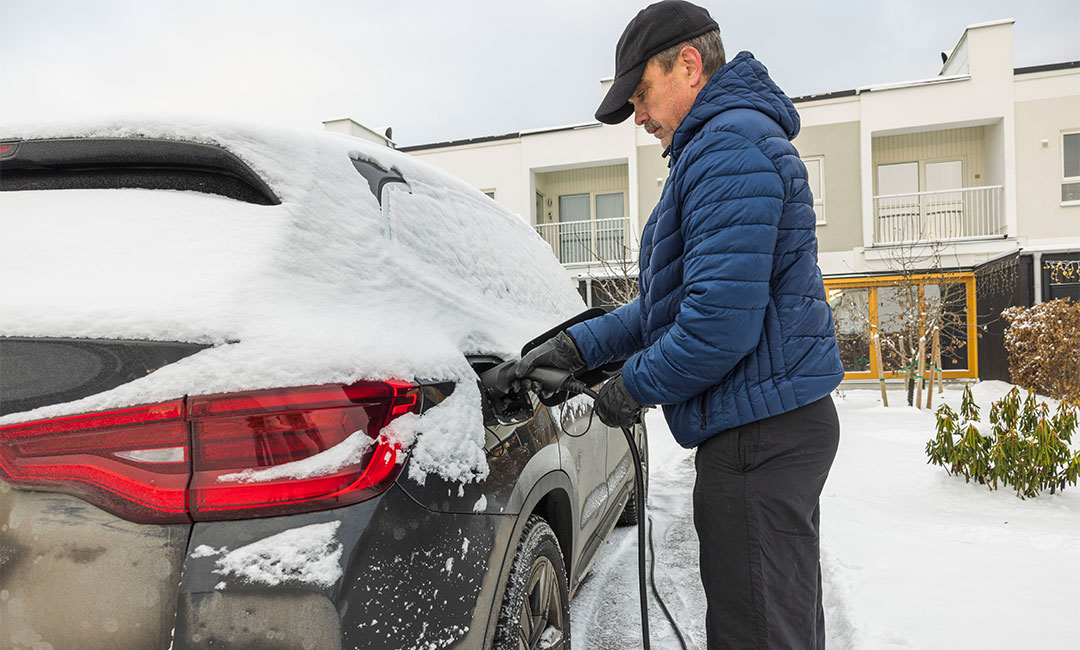With summer upon us, many of us eagerly plan road trips and embark on seasonal adventures. However, it’s crucial to prioritize safety to ensure smooth travels. By following these 8 essential summer car safety tips, you can minimize risks and enjoy your journeys with peace of mind. Stay vigilant, be prepared, and have a fantastic and safe summer on the road!
1. Inspect Your Tires
Before hitting the road, inspect your tires for proper tread depth and inflation. Adequate tire pressure not only improves fuel efficiency but also ensures better handling and grip on hot summer roads.
2. Check Fluid Levels
Regularly check and top up essential fluids like engine oil, coolant, brake fluid, and windshield washer fluid. The summer heat can put extra strain on your vehicle, and maintaining appropriate fluid levels is vital for its smooth operation.
3. Test Your Battery
Extreme temperatures, especially heat, can drain your car battery’s life. Before embarking on a long summer journey, have your battery tested to ensure it is in good condition and replace it if necessary.
4. Ensure Proper Air Conditioning
A well-functioning air conditioning system is essential during scorching summer months. Get your car’s A/C system inspected and, if needed, serviced by a professional to ensure you stay cool and comfortable throughout your journey.
5. Protect Yourself from Sun Glare
Sun glare can significantly impair visibility, increasing the risk of accidents. Keep a pair of polarized sunglasses handy to reduce the glare and use your sun visor to shield your eyes when needed. Keep your windshield clean to minimize reflection.
6. Prepare an Emergency Kit
Always have an emergency kit in your car, especially during summer trips. Include items like a first-aid kit, flashlight, jumper cables, tire pressure gauge, and a basic toolkit. In case of an unexpected breakdown, you’ll be well-prepared.
7. Avoid Overloading Your Vehicle
Be mindful of the weight you carry in your car. Overloading your vehicle can strain its suspension, tires, and brakes, making it more challenging to handle on the road. Respect the recommended weight limits to maintain stability and maneuverability.
8. Plan Rest Stops
Fatigue can be a significant hazard during long drives. Plan regular rest stops to stretch your legs, take short breaks, and refresh yourself. Taking breaks not only reduces the risk of accidents but also keeps you more focused and attentive while driving.
Make sure your car is prepped and ready to go for any summer adventures with these 6 tips!











